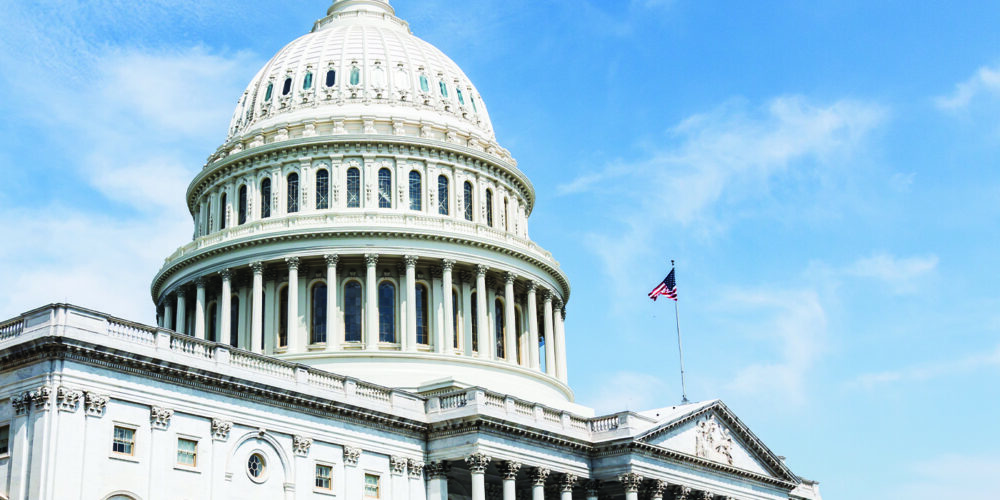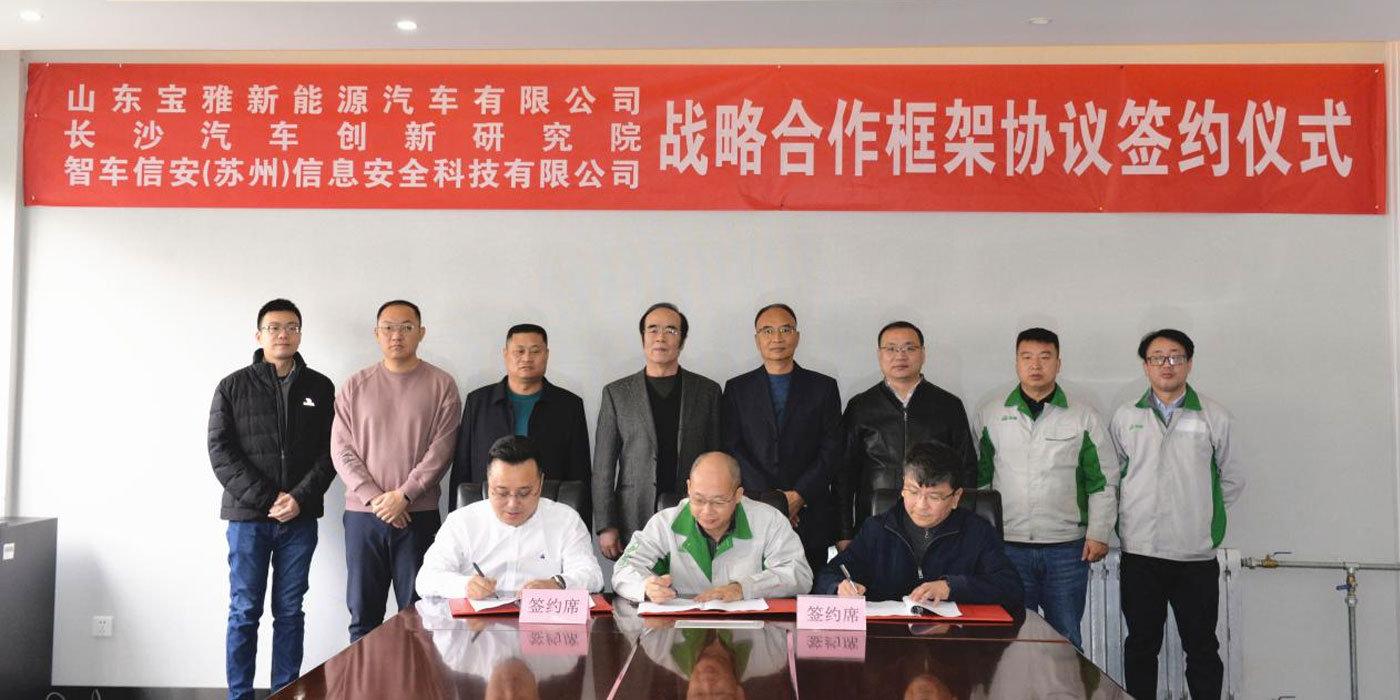 Chinese President Xi Jinping and U.S. President Donald Trump agreed to sign a temporary trade deal between China and the U.S., putting their months-long trade battle on hold for now.
Chinese President Xi Jinping and U.S. President Donald Trump agreed to sign a temporary trade deal between China and the U.S., putting their months-long trade battle on hold for now.
According to media reports from the G-20 Summit in Argentina, where the deal was signed, the temporary agreement leaves U.S. tariffs in place on $250 billion in Chinese goods, but puts a hold on President Trump’s threat to increase tariffs on roughly $200 billion of Chinese goods beginning in January, from 10 percent to 25 percent.
The two leaders have agreed to continue negotiating until a March 1 deadline, when an official trade deal is expected to be hammered out.
The issue of these tariffs has been closely watched by many in the automotive aftermarket, with industry associations such as the Auto Care Association testifying to Congress on the major negative impacts the tariffs would create for the industry. Among the negative impacts the tariffs could create would be increased car repair costs for consumers, potentially leading to a delay in repairs that could cause additional safety concerns, according to industry advocates.
Yesterday, Bill Hanvey, president and CEO of the Auto Care Association, issued the following statement, regarding this temporary truce between the U.S. And China:
“We are pleased that President Trump and President Xi were able to reach a temporary trade deal during the G20 summit in Buenos Aires to not raise tariffs on $200 billion worth of imports from China. Tariffs inhibit the growth of our industry and make it more expensive for consumers to maintain and repair their vehicles.
“Further, we are encouraged by the Trump administration’s commitment to engaging with the Chinese government in order to reach an agreement with respect to forced technology transfer and intellectual property protection,” Hanvey added. “We are hopeful that the upcoming negotiations will resolve many of our long standing concerns in these areas.













